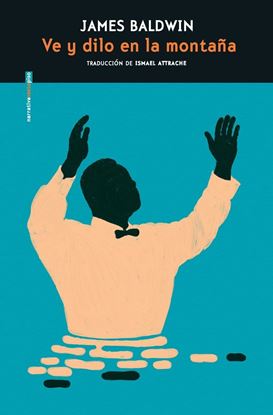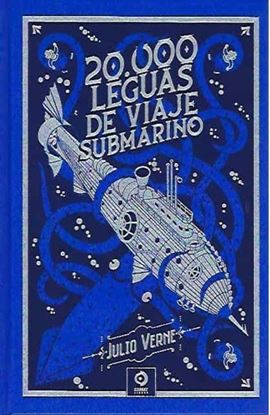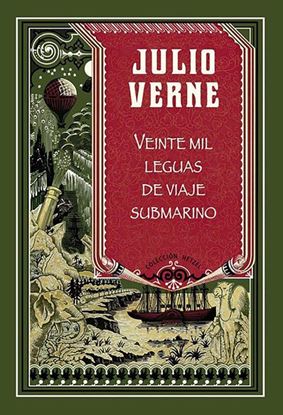

VAMPIROS. EDICION ANOTADA
Mito legendario y proteico, el vampiro ha acompañado al ser humano desde tiempos inmemoriales, al acecho como anunciación de la otredad, los miedos reprimidos y la voracidad de nuestros traumas, o formando parte indisociable de nuestra esencia como plasmación de la mitad oscura e ilustración de la dualidad que nos constituye y materializa nuestros anhelos e instintos más inconfesables.
La presente antología traza la evolución del vampiro en lengua inglesa desde sus manifestaciones en textos medievales, con semas y modus operandi que anticipan las características primordiales del chupasangres en siglos posteriores, hasta la eclosión manifiesta del ente en el periodo decimonónico, con la canonización de los vampiros de Polidori, Byron, Le Fanu, y, sobre todo, la obra seminal de Bram Stoker, desembocando en la idiosincrasia ecléctica o la reinterpretación vanguardista y alejada de los presupuestos clásicos y puristas que dinamizan la variedad y estilización del mito en la primera mitad del siglo xx, como génesis de las drásticas transformaciones que se darían, posteriormente, en la posmodernidad, metamorfoseándose el vampiro en un icono adolescente o una suerte de zombi descerebrado y despojado de su aura aterradora.
3,995
3,196
VE Y DILO A LA MONTAÑA
Un retrato feroz de la adolescencia en el Harlem de los años treinta, una honda reflexión sobre el racismo y el papel de doble filo de la religión.
Un sábado de marzo de 1935, John Grimes, hijo de un autoritario predicador pentecostal de Harlem, cumple catorce años. Esa noche, en la iglesia, entre los cantos y el fervor de los fieles, John se encuentra ante una encrucijada: anhela un destino diferente al que su familia y su comunidad le tienen reservado, el de seguir los pasos de su padre. Pero cuando uno forma parte de un grupo social discriminado, la libertad de elegir puede no estar en tus manos. O puede condenarte a una segregación aún más profunda frente a aquellos a quienes amas. Esa misma noche, John es sacudido por la epifanía que lo enfrentará a la rebeldía y la sumisión, a la lujuria y la inocencia, al odio y la compasión. Un éxtasis que acabará por revelar la ambivalencia en la que su verdadero yo habita. «Si alguna vez hubo un libro que yo tenía que escribir, fue este», dijo James Baldwin de Ve y dilo en la montaña, la novela que en 1953 reveló por primera vez al mundo el genio y la furia del autor afroamericano. Pocos años más tarde, ya era considerada un clásico de la literatura estadounidense. Con su simbolismo oscuro y profético, esta singular novela de iniciación se inspira en la adolescencia del propio autor para componer un relato febril en el que la lucha por la individualidad queda entretejida con la historia de un pueblo marcado por el racismo y el poder represivo de la religión.
1,650
1,320
VECINOS (BOL)
A veces una crisis puede unir a las personas...
Meredith White era una de las actrices más populares de Hollywood, pero una tragedia personal interrumpió su carrera y la distanció de su familia. Durante los últimos quince años, ha vivido aislada del mundo en su mansión de San Francisco. Sin embargo, todo cambia cuando un terremoto devastador sacude la ciudad sumiéndola en el caos.
Sin dudarlo un segundo, Meredith acoge en su residencia, que ha quedado intacta, a sus vecinos. Todas y cada una de esas personas (un respetado doctor y su aterrada familia, una preciosa joven atrapada en una relación tóxica y un brillante pianista octogenario) traen consigo historias y secretos que, poco a poco, salen a la luz. Y también Meredith, gracias a la suspicacia de uno de sus nuevos amigos, descubre una verdad perturbadora sobre sí misma que dará un vuelco a su vida.
750
600
VEINTE MIL LEGUAS DE VIAJE SUBMARINO
Lo característico y representativo de Julio Verne es el suspense, la emoción, el misterio y esa sensación latente y constante de aventura en cada una de sus páginas. Y es que si por algo destaca su obra, es por esa capacidad de apoderarse del lector, de atraparlo en cada una de las páginas de la novela, de retenerlo, expectante y fascinado, en el relato y desarrollo de su trepidante historia. En esta obra “ 20.000 Leguas de viaje submarino “ sabe combinar ingeniería, ciencia y literatura en sus fascinantes y detallados relatos.
850
680
VEINTE MIL LEGUAS DE VIAJE SUBMARINO RBA
DE VIAJE SUBMARINO (HETZEL)
Como reacción a la desaparición de barcos atribuida a un monstruo submarino, el Gobierno estadounidense decide enviar una expedición formada por el doctor Pierre Aronnax, su compañero Conseil y un arponero canadiense a desentrañar el misterio. Sin duda, una de las novelas más famosas del género de aventuras, en la que Verne dio vida a uno de sus personajes inolvidables: el capitán Nemo.
1,200
960
VEINTE POEMAS DE AMOR Y UNA (BOL)
Esta obra compuesta por veinte poemas sin título, relacionados al amor, más un poema titulado La canción desesperada son las experiencias que tuvo Pablo Neruda en su adolescencia y en la cual demuestra una gran melancolía y nostalgia por el momento fugaz del amor.
"Me gusta cuando callas porque estás como ausente. Distante y dolorosa como si hubieras muerto. Una palabra entonces, una sonrisa bastan. Y estoy alegre, alegre de que no sea cierto."
700
560














